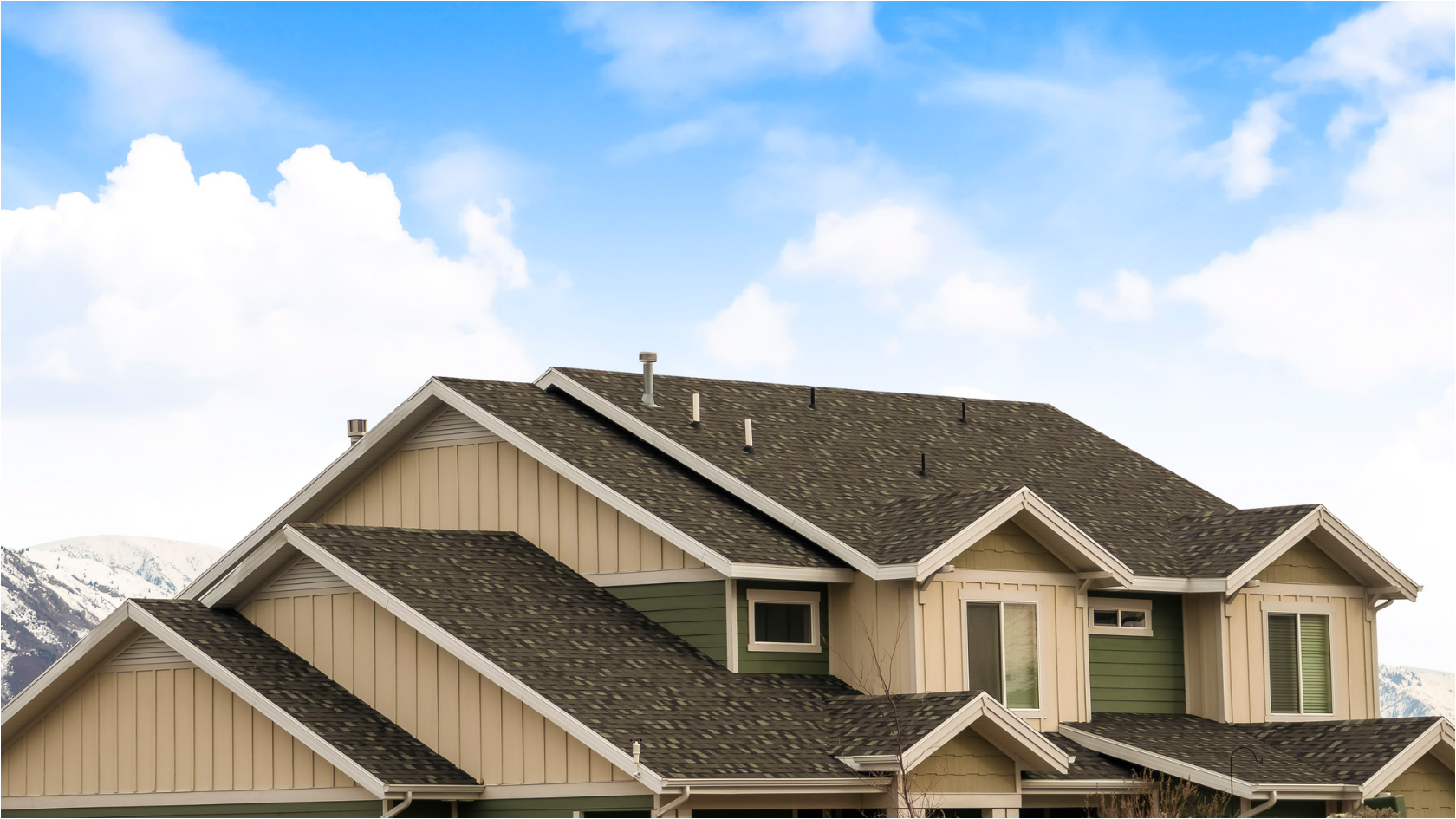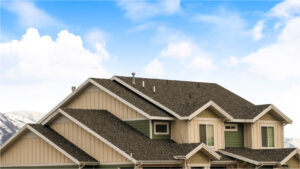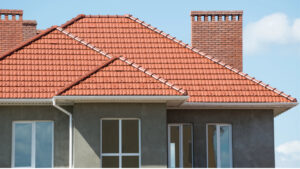Siding is a crucial component of your home, serving both functional and aesthetic purposes. It protects the structure from harsh weather conditions and improves your home’s curb appeal. When it’s time for a siding replacement, understanding the associated costs can help you budget effectively and avoid unexpected expenses.
Understanding Average Siding Replacement Costs
Replacing the siding on your home is a significant investment. In Baltimore, the average cost ranges between $7,000 and $30,000, influenced by various factors such as the house size, the type of siding material used, and labor costs. Typically, homeowners can expect to pay between $300 and $1,350 per square (100 square feet) for siding installation.
For instance, the average cost of vinyl siding installation, one of the most popular and cost-effective options, is around $15,000. This figure provides a baseline, but the final cost can vary widely depending on the project’s specifics. Understanding these costs helps homeowners prepare and budget appropriately for their siding replacement project.
Impact of Home Size on Siding Costs
The size of your home is one of the primary factors affecting the total cost of siding replacement. Larger homes require more materials and labor, which increases the overall expense. To get an accurate estimate, homeowners should measure the length and height of each side of their house where the siding will be installed, multiply these numbers to get the square footage, and then divide by 100 to determine the number of squares needed.
For example, here are some estimated costs based on different home sizes:
- 10 squares of siding: $3,000 to $13,500
- 15 squares of siding: $4,500 to $20,250
- 20 squares of siding: $6,000 to $27,000
- 25 squares of siding: $7,500 to $33,750
- 30 squares of siding: $9,000 to $40,500
- 35 squares of siding: $10,500 to $47,250
These estimates give homeowners a rough idea of the potential costs based on their home’s size, helping them to budget more accurately.
Material Cost Variations
The type of siding material you choose significantly impacts the project’s overall cost. Different materials vary in price, durability, and maintenance requirements, so selecting one that fits your budget and meets your aesthetic and functional needs is essential.
Vinyl Siding
Vinyl siding is the most cost-effective option, typically costing between $2 and $7 per square foot. It’s available in various colors and styles, making matching your home’s design easy. Vinyl is also relatively low-maintenance and durable, although it can be prone to cracking in extreme weather conditions.
Wood Siding
Wood siding offers a more traditional and natural look, with prices ranging from $6 to $12 per square foot. While it provides excellent insulation and a beautiful aesthetic, wood siding requires regular maintenance to prevent rot, insect damage, and weathering. The fewer color options may also limit design flexibility.
Fiber Cement Siding
Fiber cement siding, such as Hardie Board, is a durable and versatile, costing between $5 and $15 per square foot. It can be designed to mimic other materials like wood or slate, providing a high-end appearance without the associated maintenance. Fiber cement is resistant to fire, insects, and rot, making it a long-lasting choice but comes with a higher price tag.
LP SmartSide
LP SmartSide is an engineered wood product that combines composite materials’ durability with wood’s aesthetic appeal. Prices range from $5 to $10 per square foot. It offers a good balance of cost, durability, and appearance, making it a popular choice for many homeowners.
Choosing the right material involves weighing the initial costs against the long-term benefits and maintenance requirements. Each material has unique advantages and considerations, so selecting one that aligns with your budget and lifestyle is crucial.
New Installation vs. Replacement Costs
There is a significant difference in cost between new siding installation and replacement siding. Replacement projects typically cost more due to the additional labor required to remove old siding and dispose of the materials. Furthermore, any damage to the wall behind the old siding will need to be repaired before the new siding can be installed, adding to the overall expense.
In new construction, the siding installation process is more straightforward, with costs primarily associated with the materials and basic labor. However, in a replacement scenario, homeowners must budget for the removal and disposal of existing siding, which can add several thousand dollars to the total cost. Additionally, any underlying structural repairs can further increase the expense.
Local Market Insights and Labor Costs
Labor costs in Baltimore can vary based on the project’s complexity and the contractors’ expertise. Labor costs account for about 25% to 50% of the total siding replacement cost. Factors such as the contractor’s reputation, the difficulty of the installation, and local demand can influence these rates.
For example, labor costs for a standard vinyl siding installation might range from $1,500 to $3,000, while more complex materials like fiber cement could cost between $3,000 and $7,000 for labor alone. Getting multiple quotes from reputable contractors is essential to ensure you’re getting a fair price. Checking reviews and asking for references can also help select a reliable contractor.
Practical Tips for Homeowners
To ensure a successful siding replacement project, homeowners should follow these practical tips:
- Get Accurate Estimates: Schedule estimates with multiple contractors to compare prices and services. Ensure each estimate includes a detailed breakdown of materials, labor, and additional costs.
- Professional Inspections: Before starting the project, have a professional inspect your current siding and the underlying structure. It can help identify any hidden damage that might need repair, preventing unexpected costs during the project.
- Choose the Right Contractor: Select a contractor with a good reputation and proven experience in siding replacement. Verify their credentials, ask for references, and read reviews from previous clients.
- Plan for Additional Costs: Budget for potential additional expenses, such as disposal fees, structural repairs, and any upgrades you might want to make during the project.
By following these tips, homeowners can better manage their siding replacement projects, ensuring they stay within budget and achieve the desired results.
Conclusion
Replacing the siding on your home is a significant investment, but it can greatly enhance your home’s appearance and protect it from the elements. In Baltimore, the average siding replacement cost ranges from $7,000 to $30,000, influenced by home size, material choice, and labor costs. By understanding these costs and planning accordingly, homeowners can ensure a successful and cost-effective siding replacement project.
Choosing the right materials and contractors and budgeting for additional expenses can help you achieve the best results for your home. Take the time to explore your options, get accurate estimates, and consult with professionals to make informed decisions. With careful planning and consideration, you can enhance your home’s curb appeal and value while staying within your budget.





